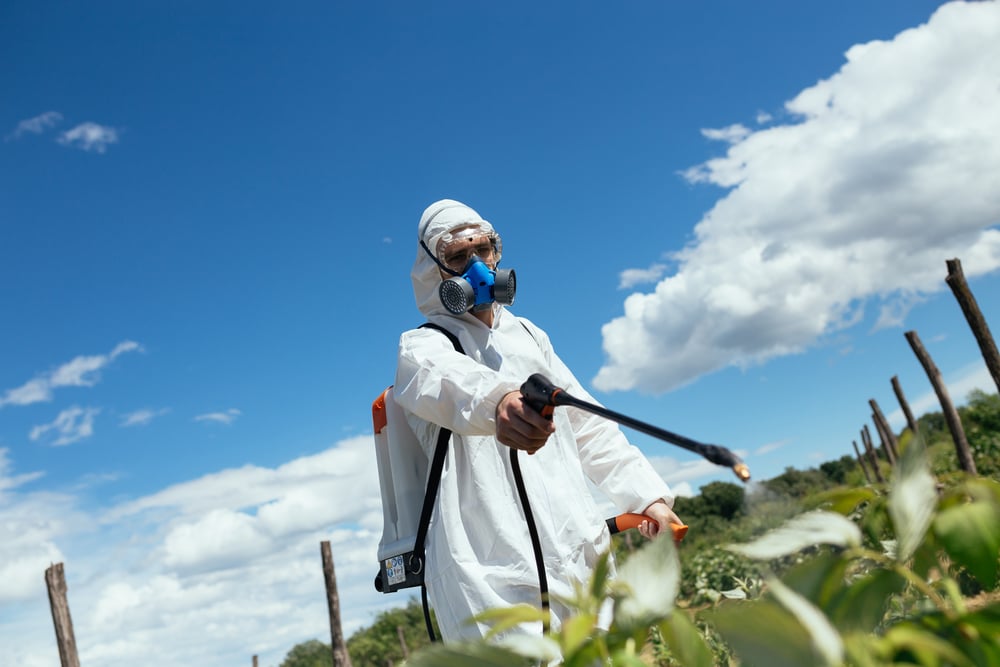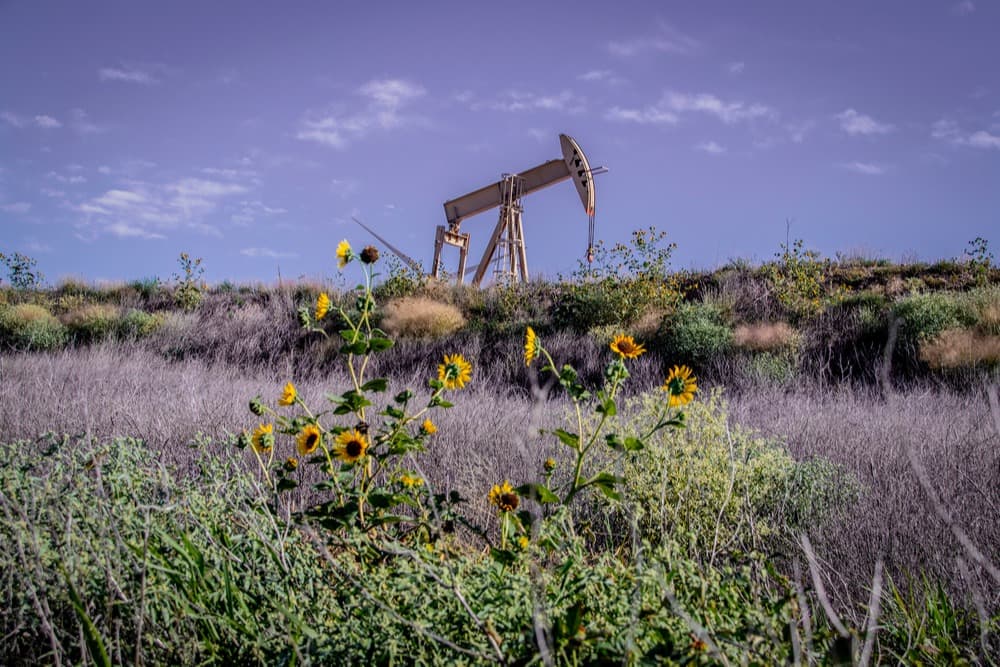In the oilfield, weeds are an unwanted guest that can cause problems and lower production. So how do you manage them? We'll explore some of your options for keeping weeds under control in an oilfield setting:
How Weeds Can Cause Problems in Oilfields
In addition to the aesthetic issues, weeds can cause problems in oilfields.
- They can clog up oilfield equipment and interfere with operations.
- Weeds can also cause fires and injuries if they're not properly managed.
- They may also block access to areas, which is dangerous for workers trying to get into those areas as well as safety issues for people who may be working nearby or driving past an area where there are lots of weeds growing along a highway or road.
The Best Way to Manage Weeds Is to Prevent Them From Spreading
The best way to manage weeds is to prevent them from spreading. They can be spread by wind, water, and people. Weed seeds are very small and easily carried in the air, on animals' fur and feet, or in vehicles or equipment used in the oilfield.
If you see an area with weeds that you think may be a new problem spot (such as along roads), avoid driving through it until after your workday is over; this will help reduce the risk of transferring seeds into other parts of your site or onto other sites nearby.
How To Manage Oilfield Weeds: Mechanical Methods
Weeds can be managed in a number of ways.
- One way is through mechanical methods, which include mowing and hand pulling.
- Mowing is effective when used on small weeds and areas with little access to sunlight (under trees or other structures).
- Hand pulling works well for small infestations as well but requires more effort than mowing does, as well as some expertise on how best to remove the root system from the soil without damaging nearby plants or waterways.
Both methods are labor intensive and only work if done regularly over time. However, they're also relatively cheap compared to most other weed control methods.
Mechanical Means Present Logistical Challenges
Mechanical means of control are an option, but they also present logistical challenges.
- Mowing, tilling, and discing can be effective for smaller areas, but larger areas require more powerful equipment that is more expensive to operate and maintain.
- The time required to mow or till an area will vary depending on the size of your weeds and how much growth there is in any given season.
- The amount of time needed for disking depends on the kind of machine used.
Larger tractors with multiple blades tend to do better than smaller tractors with one blade because they have more horsepower at their disposal.
How To Manage Oilfield Weeds: Chemicals

Chemical control options include herbicides that kill all types of vegetation, including grass.
Careful use of these chemicals is crucial because they can cause damage if not applied properly.
Improperly timed applications may allow some unwanted species' seeds from previous seasons' growth cycles into new ones while killing off other desired species.
Applying too much at once could kill desirable plants along with unwanted ones, and misapplying sprays near water sources could lead them into those bodies instead.
Herbicides and Other Chemicals Are Not Necessarily the Best Choice for Weed Control
Chemicals are not necessarily the best choice for weed control.
While chemicals can be effective, they can be expensive and dangerous, and they may have unintended consequences on the environment.
They can also be difficult to apply and remove in some cases.
How To Manage Oilfield Weeds: Biological Agents
Chemical and mechanical control methods have their downsides, but there are other options too.
Biological agents are not as effective as chemicals, but they have fewer side effects on the environment and people.
Biological agents are a promising alternative to chemicals and mechanical control.
These include insects, fungi, bacteria, and viruses that attack a plant's root system or above-ground parts.
They're not always effective against weeds, though they can be effective in certain situations.
They also tend to be expensive. Many of these biological controls are imported from other countries where they've been developed over time, so there's no need for them here in North America yet (e.g., Australia).
And finally, the application process itself can be difficult because it requires skilled workers who know what they're doing when dealing with live organisms like insects or fungi - not everyone has access to this kind of knowledge!
There Are a Number of Ways to Manage Weeds in an Oilfield Setting
It is important to understand the importance of managing weeds and the ways to manage weeds in an oilfield setting.
While chemicals and mechanical methods have their downsides, there are other options too.
Herbicides are not necessarily the best choice for weed control, but they can be effective if you know how to use them correctly.

